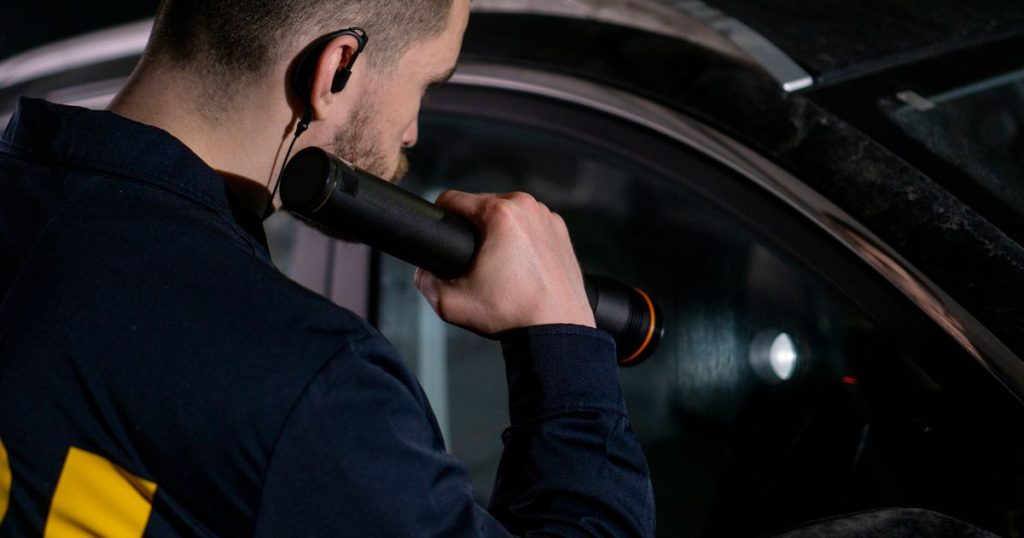Jessica Beske, a North Dakota woman, was arrested and charged with first-degree possession of a controlled substance after police found drug residue in the bong water in her car during a traffic stop in Polk County, Minnesota. Beske was pulled over for speeding on May 8, and police searched her car after smelling marijuana. They found a bong and other paraphernalia, as well as a glass jar with crystal substances and pipes. Police later determined that the bong water and paraphernalia contained traces of methamphetamine. Beske claims she was not carrying any drugs, just the paraphernalia, and could face up to 30 years in prison and a $1 million fine.
Drug paraphernalia possession was decriminalized in Minnesota in August of last year, even when drug residue is present. Advocates hoped this harm-reduction approach would aid in addiction recovery. However, a 2009 court ruling classified bong water as a controlled substance, leading to legal consequences for those with drug residue in their bong water. Data from the state’s Department of Health revealed a record high of 1,286 overdose deaths in Minnesota in 2021, mainly linked to fentanyl. Despite legislative efforts to resolve the bong water issue, individuals found with drug residue can still face imprisonment or fines in the state.
Although bong water is not consumed but instead used to cool and purify smoke, it can be considered a controlled substance under Minnesota state law. Beske criticized the charges, citing that it goes against common sense. The Polk County Sheriff’s Office and the Polk County Attorney’s Office did not respond to requests for comment. Beske’s situation raises questions about the impact of drug residue on drug paraphernalia possession and the potential consequences individuals may face as a result. The conflicting laws and court rulings surrounding bong water highlight the complexities of drug paraphernalia legislation and its enforcement in Minnesota.
The situation with Beske brings attention to the broader issues surrounding drug possession and paraphernalia laws in the state. The decriminalization of drug paraphernalia possession aimed to support addiction recovery efforts but overlooked the classification of bong water as a controlled substance. This oversight has led to legal repercussions for individuals like Beske, who may face severe penalties for having drug residue in their bong water. The push for legislative changes to address this issue reflects ongoing debates about the effectiveness of drug laws in addressing addiction and substance abuse in Minnesota and beyond.
As the number of overdose deaths continues to rise in Minnesota, there is a pressing need to reevaluate current drug laws and policies to better support individuals struggling with addiction. The record number of overdose deaths in 2021 underscores the urgency of the situation and the importance of implementing effective harm-reduction strategies. Beske’s case serves as a reminder of the complexities and inconsistencies within drug possession laws and the challenges individuals face when dealing with drug-related charges. Advocates and lawmakers must work together to address these issues and ensure that individuals receive appropriate support and treatment for addiction.


